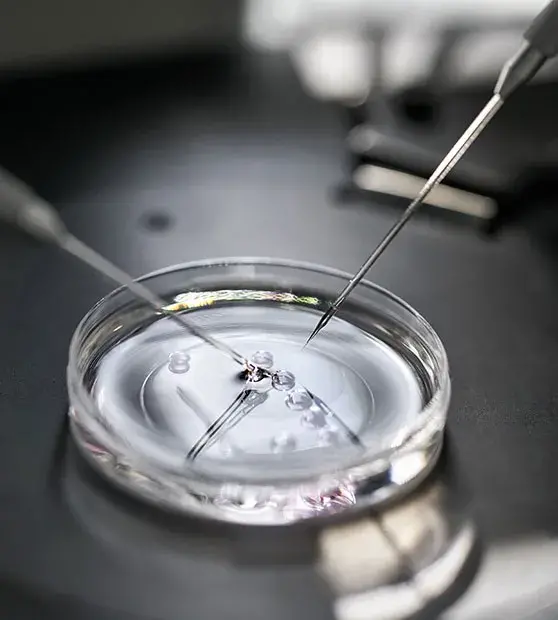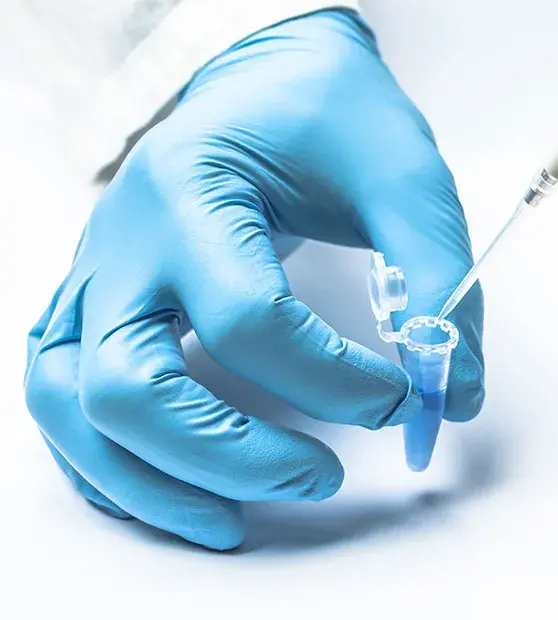Diabetes
Diabetes is a chronic metabolic disease that occurs when the pancreas is unable to make insulin or when the body cannot use the insulin it produces. In the long term it can cause damage to eyes, kidneys, heart, blood vessels and nerves. The prevalence of diabetes is on the rise worldwide.
What are the different types of diabetes?
There are three main types of diabetes, and they are type I, type II and gestational.
Types I Diabetes: Type I diabetes commonly occurs in children and adolescents; however, it can develop at any age. In type I diabetes, the body produces little or no insulin and therefore, requires daily insulin dose.
Type II Diabetes: In type II diabetes the body is cannot make use of the insulin that it produces. It is common in adults, especially in middle-aged, overweight, and older people.
Gestational Diabetes: It usually develops in some women during pregnancy. Usually, after the baby’s birth, gestational diabetes disappears. Women who develop gestational diabetes are at increased risk of developing type II diabetes later in life.
How does diabetes affect fertility in men and women?
Diabetes might have an impact on various functions of the male and female reproductive systems. However, it is possible for diabetic women to conceive naturally.
Women with type II diabetes may be at increased risk of high levels of fat in the body and obesity. Overweight or obese women have a higher risk of hormonal imbalance resulting in irregular menstrual cycles, difficulty releasing eggs, and infertility. Women with diabetes are at risk of developing sexual dysfunction and, therefore, difficulty in being intimate.
If not managed well, diabetes can impair the blood circulation in the organs and can also affect the nerves. Men with diabetes can therefore experience difficulty in having or maintaining an erection of the penis. Diabetes in men can also cause ejaculatory problems and therefore cause retrograde ejaculation. As a result, semen enters the urinary bladder instead of exiting through the penis.
What are the ways to manage diabetes?
The primary goal of diabetes management is to keep the blood sugar levels within the normal range. It is important to eat healthy foods and learn the way foods affect blood sugar levels. Avoid sugar-loaded beverages and other junk foods that release high levels of sugars in the body over short periods of time after consumption (avoid high glycemic index foods). Physical activity and diet awareness is the key part of the diabetes management plan.
Apart from lifestyle modifications, including regular exercise, insulin, and other diabetes medications are recommended to manage diabetes. It is important that your blood sugar levels are near normal, ideally for three months before fertility treatment.
The Takeaway
Diabetes can lead to difficulty in conceiving for both women and men in many ways. For women, primarily by reducing the frequency of ovulation and unhealthy lining of the womb which makes it difficult for pregnancy to settle. There is also an increased risk of miscarriages as well as a complicated high-risk pregnancy. For men there is increased risk of difficulty in maintaining erection as well as faulty ejaculation.
At ART fertility clinics we have experienced doctors who will work in collaboration with diabetologists to ensure that you get best care. Having a well-controlled diabetes and most suitable fertility treatment, we will enhance your chances of getting pregnant as well as a safe and healthy pregnancy.



